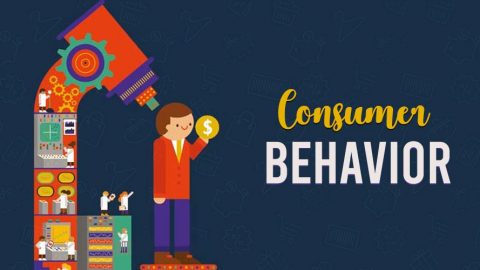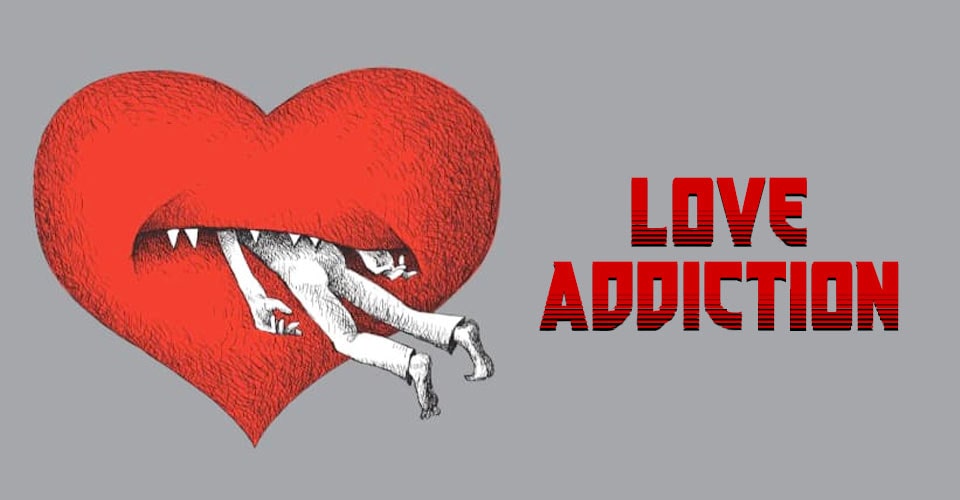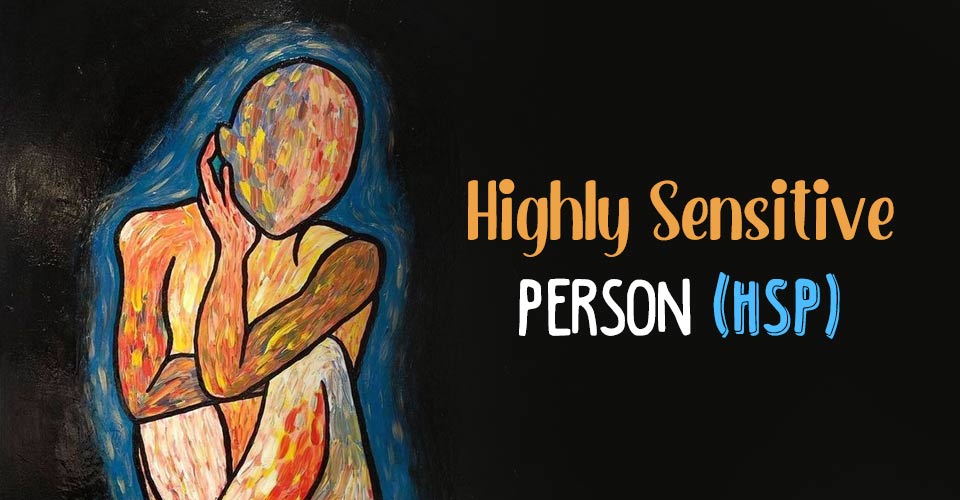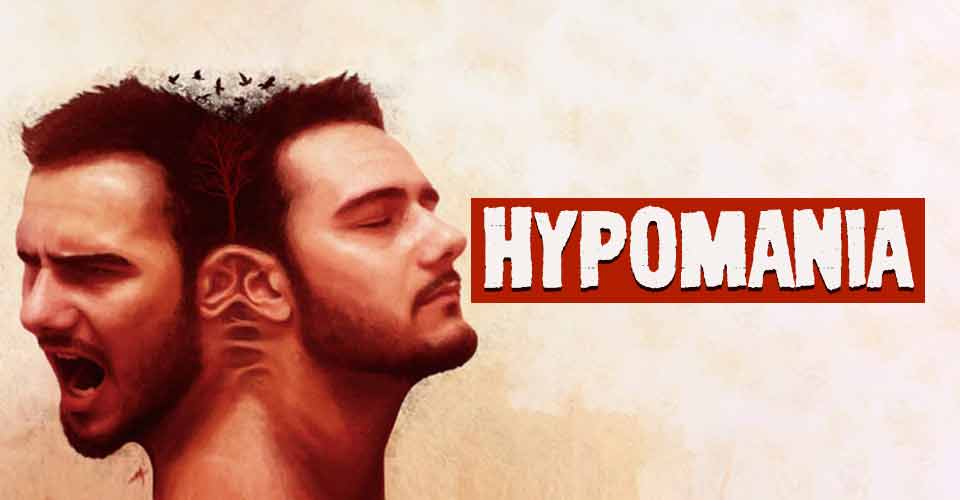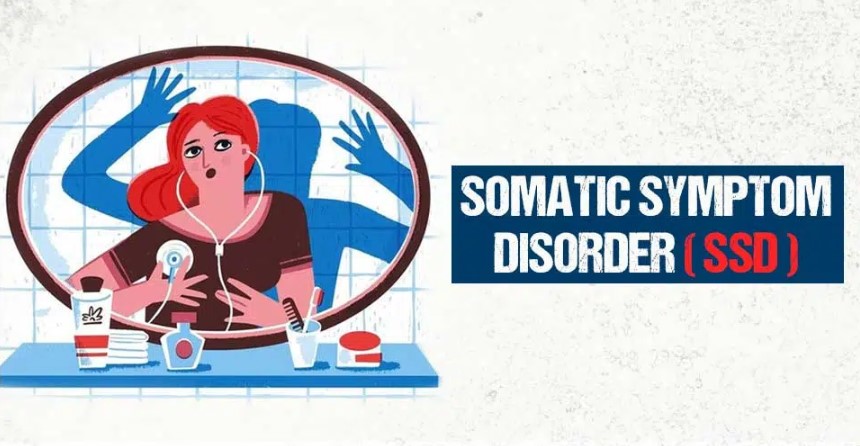Consumer behavior examines how individuals, groups, or organizations choose, purchase, and utilize goods or services to fulfill their desires and needs. The psychology of consumer behavior impacts mental health in several ways—from fostering empowerment and satisfaction to triggering money-related mental health disorders.
What Is Consumer Behavior?
Consumer behavior refers to the study of how individuals, groups, or organizations select, purchase, use, and dispose of goods, services, ideas, or experiences to satisfy their needs and wants [mfn] Cole, C. A. (2007). Consumer Behavior – an overview | ScienceDirect Topics. Www.sciencedirect.com. Available from: https://www.sciencedirect.com/topics/psychology/consumer-behavior [/mfn] .
Consumer behavior impacts our daily lives in numerous ways, from the products we choose to buy to the brands we prefer. It influences our lifestyle choices, spending habits, and even our perceptions of value and quality.
Examples Of Consumer Behavior
The common [mfn] Dudziak, A., Stoma, M., & Osmólska, E. (2023). Analysis of Consumer Behaviour in the Context of the Place of Purchasing Food Products with Particular Emphasis on Local Products. International journal of environmental research and public health, 20(3), 2413. https://doi.org/10.3390/ijerph20032413 [/mfn] examples of consumer behavior:
- Choosing a specific brand of clothing over others.
- Researching product reviews before making a purchase.
- Buying organic food due to health and environmental concerns.
- Selecting a particular smartphone based on brand loyalty.
- Preferring online shopping for convenience and accessibility.
- Participating in impulse buying during sales or promotions.
- Seeking recommendations from friends or influencers before trying a new product.
- Upgrading to a newer model of a product to stay current with trends.
- Avoiding certain brands for ethical or social reasons.
- Being influenced by advertisements in making purchasing decisions.
Read More About Impulse Buying Here
Factors Influencing Consumer Behavior
Common [mfn] Barbu, A., Catană, Ș. A., Deselnicu, D. C., Cioca, L. I., & Ioanid, A. (2022). Factors Influencing Consumer Behavior toward Green Products: A Systematic Literature Review. International journal of environmental research and public health, 19(24), 16568. https://doi.org/10.3390/ijerph192416568 [/mfn] factors influencing consumer behavior include:
- Cultural factors such as values, beliefs, and customs.
- Social factors including family, peers, and social class.
- Personal factors like age, gender, lifestyle, and personality.
- Psychological factors such as perception, motivation, and attitudes.
- Economic factors including income, price, and financial status.
- Marketing factors such as advertising, branding, and promotions.
- Technological advancements shaping shopping habits and preferences.
- Environmental concerns impacting purchasing decisions.
- Political factors influencing consumer perceptions and behaviors.
- Situational factors like time, place, and urgency of need.
Why Is Consumer Behavior Important?
Consumer behavior is crucial because it provides insights into the motivations, preferences, and decision-making processes of individuals, enabling businesses to tailor their products, services, and marketing strategies effectively. Understanding [mfn] Dudziak, A., Stoma, M., & Osmólska, E. (2023). Analysis of Consumer Behaviour in the Context of the Place of Purchasing Food Products with Particular Emphasis on Local Products. International journal of environmental research and public health, 20(3), 2413. https://doi.org/10.3390/ijerph20032413 [/mfn] consumer behavior psychologically helps companies anticipate market trends, identify opportunities for innovation, and build stronger customer relationships.
Read More About Decision-Making Here
Effects Of Consumer Behavior On Mental Health
Consumer behavior can exert both positive and negative effects [mfn] Zhao, H., Yao, X., Liu, Z., & Yang, Q. (2021). Impact of Pricing and Product Information on Consumer Buying Behavior With Customer Satisfaction in a Mediating Role. Frontiers in psychology, 12, 720151. https://doi.org/10.3389/fpsyg.2021.720151 [/mfn] on mental health. Making mindful purchasing decisions aligned with personal values can enhance feelings of empowerment, satisfaction, and overall psychological wellness. This approach also keeps in check the risks of financial stress and indebtedness. Conversely, excessive consumption, driven by societal pressures or materialistic values, can lead to feelings of inadequacy, anxiety, depression, and low self-esteem [mfn] Green, C. R., Elwyn, R., Hill, N., Johnston-Ataata, K., Kokanović, R., Maylea, C., McLoughlan, G., Roberts, R., & Thomas, S. D. M. (2023). A critical review of research into mental health consumers’ perspectives on their physical health: Is there an absence of consumers in the design, conduct, analysis and reporting of this research?. Frontiers in public health, 10, 982339. https://doi.org/10.3389/fpubh.2022.982339 [/mfn] .
How Do Mental Health Disorders Affect Consumer Behavior?
Mental illness can impact [mfn] Di Crosta, A., Ceccato, I., Marchetti, D., La Malva, P., Maiella, R., Cannito, L., Cipi, M., Mammarella, N., Palumbo, R., Verrocchio, M. C., Palumbo, R., & Di Domenico, A. (2021). Psychological factors and consumer behavior during the COVID-19 pandemic. PloS one, 16(8), e0256095. https://doi.org/10.1371/journal.pone.0256095 [/mfn] consumer behavior in a number of ways:
- Depression: Can lead to decreased motivation and interest in purchasing goods or services.
- Anxiety: May result in impulse buying as a coping mechanism or avoidance of shopping altogether.
- Bipolar disorder: Excessive buying during manic episodes, followed by depressive episodes of financial distress.
- Obsessive-compulsive disorder (OCD): Compulsive behaviors such as excessive hoarding or repetitive purchasing.
- Eating disorders: Distorted body image leading to abnormal consumption patterns or avoidance of certain food-related purchases.
- Substance abuse disorders: Impaired judgment and prioritization, leading to reckless spending for substances or neglect of financial responsibilities.
- Post-traumatic stress disorder (PTSD): Avoidance of triggering environments, including shopping situations or impulsive spending, as a way to medicate oneself.
Read More About Depression Here
Tips To Develop Healthy Consumer Behavior
Consider the following tips to develop healthy consumer behavior:
- Set a budget and stick to it.
- Make mindful purchasing decisions based on personal values.
- Avoid impulse buying; pause and reflect before making a purchase.
- Research products/services to make informed choices [mfn] Bielavitz, S., Wisdom, J., & Pollack, D. A. (2011). Effective mental health consumer education: a preliminary exploration. The journal of behavioral health services & research, 38(1), 105–113. https://doi.org/10.1007/s11414-010-9213-z [/mfn] .
- Practice gratitude for what you already own.
- Limit exposure to persuasive marketing tactics.
- Seek support for compulsive buying behaviors if needed.
- Cultivate hobbies and activities that do not involve spending money.
- Prioritize experiences and relationships over material possessions.
- Practice delayed gratification; assess if purchases align with long-term goals.
Takeaway
Consumer behavior intertwines with mental health in a complex web of influences, offering both opportunities for empowerment and risks for distress. By fostering awareness, promoting responsible consumption, and prioritizing psychological well-being, individuals can navigate the consumer landscape with greater resilience and satisfaction, ensuring a healthier relationship with both products and self.
At A Glance
- Consumer behavior profoundly influences daily life, shaping preferences and habits.
- Factors influencing consumer behavior include culture, social dynamics, and economics guide purchasing decisions.
- Understanding the psychology of consumer behavior aids businesses in tailoring effective strategies.
- Mindful consumption can empower and satisfy individuals, promoting well-being.
- Excessive spending may lead to anxiety, depression, and low self-esteem.
- Mental health disorders can further complicate consumer behavior.
- Setting budgets, making informed decisions, and prioritizing experiences foster healthier consumption.
Frequently Asked Questions (FAQs)
1. What Are The 4 Types Of Consumer Behavior?
The four types of consumer behavior are routine response behavior, limited decision-making, extensive decision-making, and impulse buying.
2. What Does Consumer Behavior Deal With?
Consumer behavior studies how people choose and use products to meet their needs.
3. What Is The Biggest Challenge In Understanding Consumer Behavior?
The main challenge in understanding consumer behavior is gauging the changing expectations of customers. The real motives behind the purchase of certain products are not always clear, because of which extensive market research is needed.
